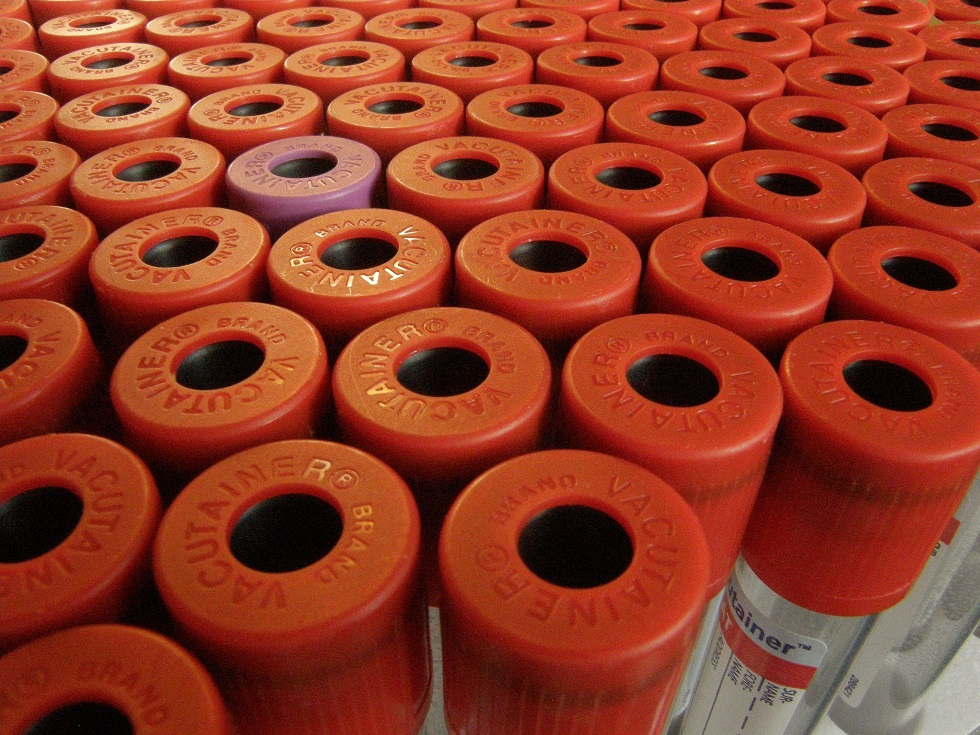Species: Dog (less useful in other species)
Specimen: Plasma or serum (serum preferred)
Container: Heparin or red-top tube
Collection protocol: Fasted sample preferred
Special handling/shipping requirements: Standard
General information about the disease: Pancreatic or renal disease
General information about when this test is indicated:
Lipase is a cytoplasmic enzyme that catalyses the hydrolysis of triglycerides. It is present in pancreas, adipose tissue, gastric and duodenal mucosa, liver and other tissue. The source of serum lipase in healthy dogs is controversial. The kidneys are a route of excretion or inactivation but mechanisms are incompletely understood. Exogenous corticosteroid treatment can significantly increase serum lipase in dogs (mechanism unclear). Injury of pancreatic acinar cells (most commonly from pancreatitis) may increase serum lipase, and about 50% of dogs with renal failure also have increased levels. Increases have also been reported in GI disease, hepatic disease and some neoplasias (lymphoma, haemangiosarcoma) as well as steatitis/panniculitis. Increased serum lipase is not specific (or sensitive) for pancreatic disease. Increases >2 x the upper reference limit are more likely to be related to pancreatic injury than other causes but exceptions (both ways) occur and a notable exception is with exogenous steroid treatment (see above). Half- life in dogs is short (2-6 hours). In experimental canine pancreatitis lipase changes at a similar rate to amylase (peaks within first 2-4 days). Species differences: In cats with pancreatitis lipase is commonly not increased. Usefulness in horses and other species is not well defined. When serum lipase is not substantially increased in dogs with suspected pancreatitis it may be useful to compare lipase activity in serum with that in peritoneal fluid. This may also be applicable in other species (cat, horse) though upper GI (duodenal) perforation could also raise lipase concentration in peritoneal fluid.
Major differentials:
- Increase: Corticosteroid therapy, pancreatic injury, renal, pre-renal and post-renal disorders/azotaemias, steatitis/panniculitis, GI disease, pancreatic neoplasia, other neoplasia, possibly hepatopathy.
- Decrease: Not usually clinically significant.
Comparison with other related tests: Lipase appears to be more sensitive and specific for pancreatic activity than amylase, except when the dog is receiving corticosteroid therapy.

